
Kevin Rudd is back in power. He is once again the leader and prime minister of Australia.
Since returning to power, a number of opinion polls have been taken, showing that the Labor Party is now far more competitive. In one recent poll, the party registered a 10 percent bump.
The question facing Australia and the larger community is this: What can we expect from Kevin Rudd?
But this is really a moot question, as Kevin Rudd will have to go to the polls soon and any new policy pronouncements are unlikely to come until the electoral outcome. What we will see is whether the differences between the Labor Party and the Liberal Party are more of style or of substance.
On the domestic front, we will see changes in refugee policy, changes in environmental policy and arguably more market reforms. The Rudd government will need to ensure that its national borders are protected and not held hostage to the Liberal Party's onslaught on asylum seekers and boatpeople. Boatloads of asylum seekers coming to Australia have provoked a backlash against refugees.
Australia has also been forced to revisit its fiscal responsibilities and its humanitarian credentials. The government will be more muscular with its deportation approach, and it is apparent that in weeks to come, the government will move to deport Sri Lankan, Iranian and Vietnamese arrivals. Such an approach would enable the Labor Party to display its "get tough" credentials in protecting Australian borders.
On the economic front, there will be structural reforms. The market will be freer, and this is already evident in its move toward a market emission trading scheme. This will allow carbon and pollution to be traded, but the more significant reforms may come in banking and finance.
Australia needs a new economic template. It has been reliant on mining and primary commodities, including minerals and resources for too long. Its economic growth is slowing, and to effect an economic transformation, Australia needs to develop its services.
Its financial and banking sectors have been robust and seen to be competitive, and Australia would like to see the new Asia-Pacific financial hub to be resident in this country, enabling a new economic trajectory. This possibility will ensure a further and sustained interest in Australia and its Australian dollar.
In an age of austerity and diminishing government revenues, the government is likely to ensure cuts in government spending. This may however be offset by increased spending on infrastructure development. New investments, including the development of new national broadband network, will help increase productivity in Australia.
Ethnic groups in Australia have welcomed the Rudd's reemergence. Many, particularly Asians, felt that having a Chinese son-in-law and his familiarity with Mandarin would foster a more Asia-focused Australia. This is probably wishful thinking as during Rudd's first term as prime minister, spending on ethnic communities was marginal.
Rudd's views and attitude toward China is ambivalent at best. While recognizing the importance of China - and Asia - to Australia's economic well-being, Rudd remains suspicious of China.
As such, the alliance with the US remains critical, and defense policy will continue to be wary of China. East Asia will continue to attract Australia's interests given the US foreign policy shift toward the Western Pacific.
Australia's relationship with China would have to be redefined, given some of Rudd's rather crude comments on China at Copenhagen, but the Chinese are likely to be open to new, particularly, economic initiatives. Australia will continue to maintain its policy in step with the US on the Middle East, and its ASEAN approach will focus around Indonesia and its leadership role.
Australia, like all other countries, is feeling the effects of the ongoing global financial crisis. Its dependence on the Asian region, and indeed the wider world, has shown that Australia is susceptible to the gyrations of the world economy and external demand for its resources.
It has discovered that its alleged turbo-charged economy is no longer immune from the global contagion, and that a new economic thrust is necessary. How this will be played out within Australia and beyond is still being scripted, although the narrative appears to favor a more market-oriented Australia seeking greater productivity.
The author is an associate professor at the Perth-based Murdoch University. He is a fellow at the Asian Research Institute and teaches both Chinese and international business at Murdoch Business School. l.wong@murdoch.edu.au
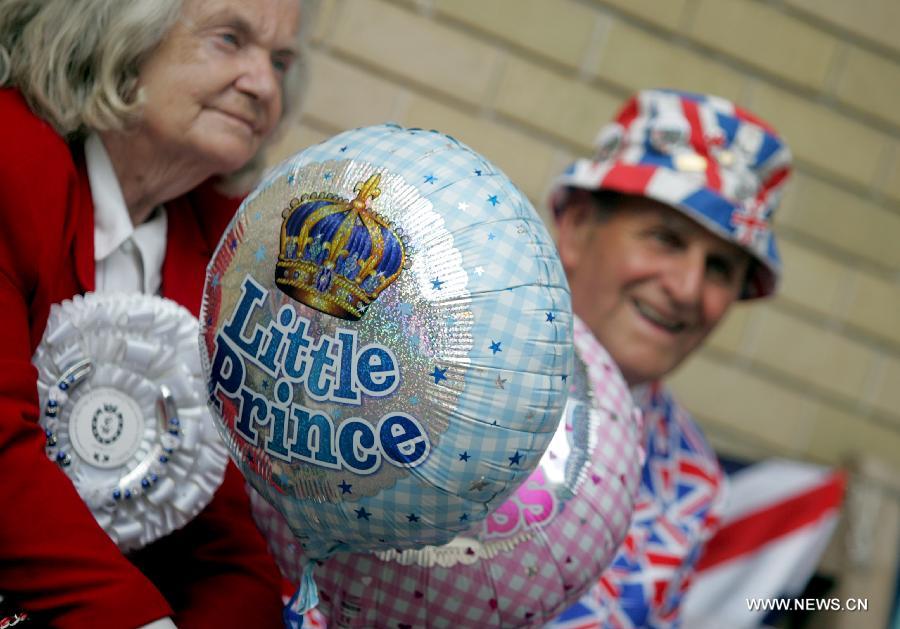
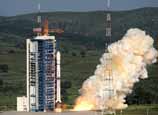

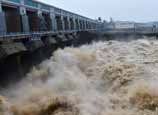




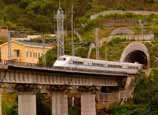
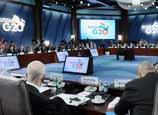






 Floodwater gushes from sluices of Gezhou Dam, China's Hubei
Floodwater gushes from sluices of Gezhou Dam, China's Hubei


![]()
